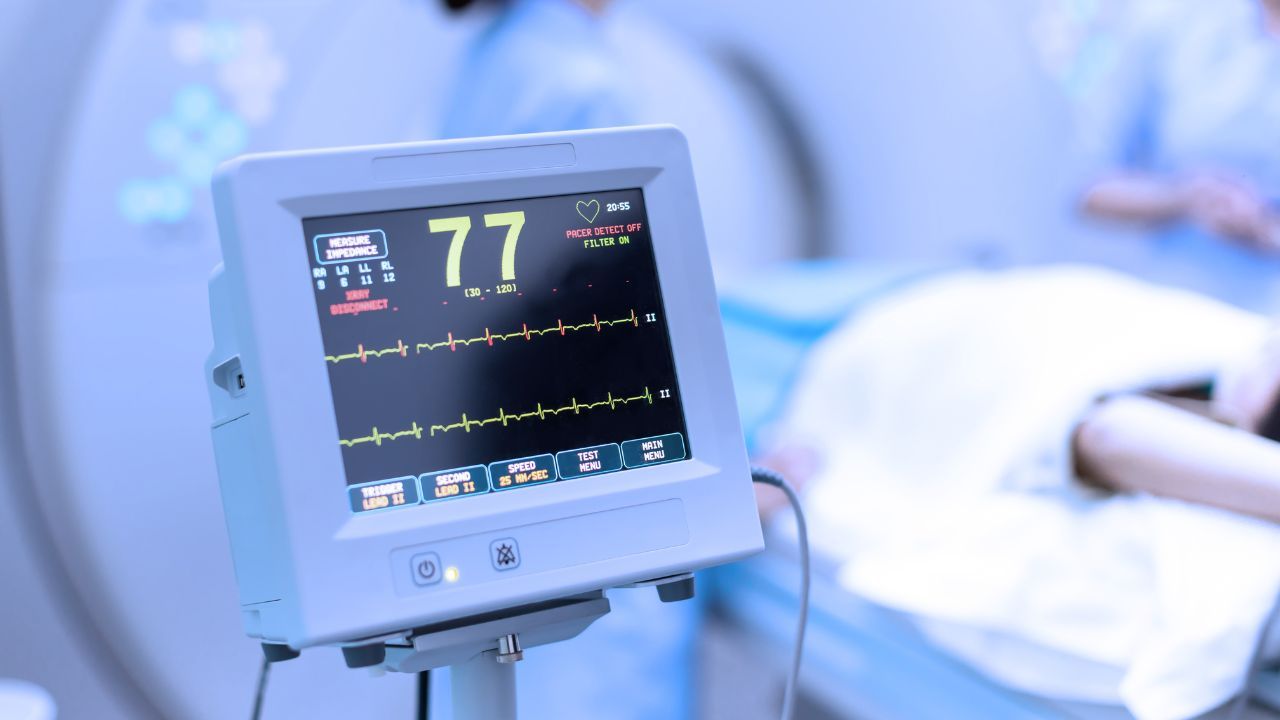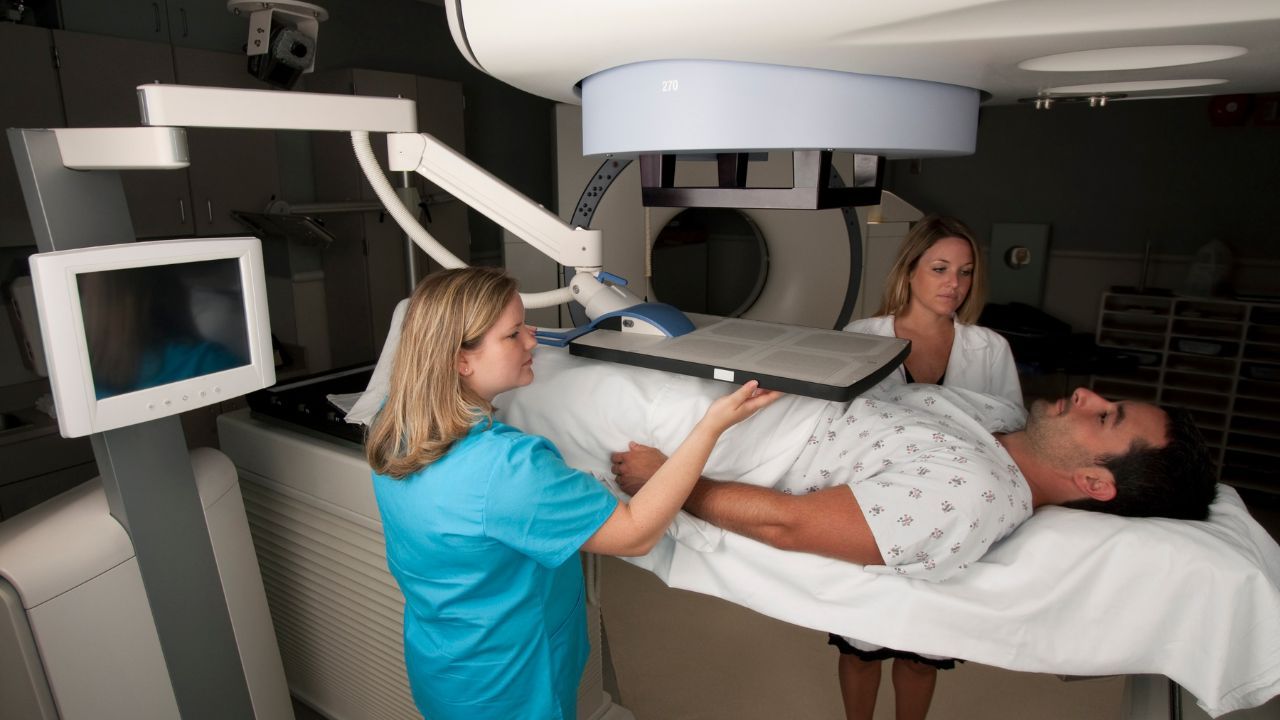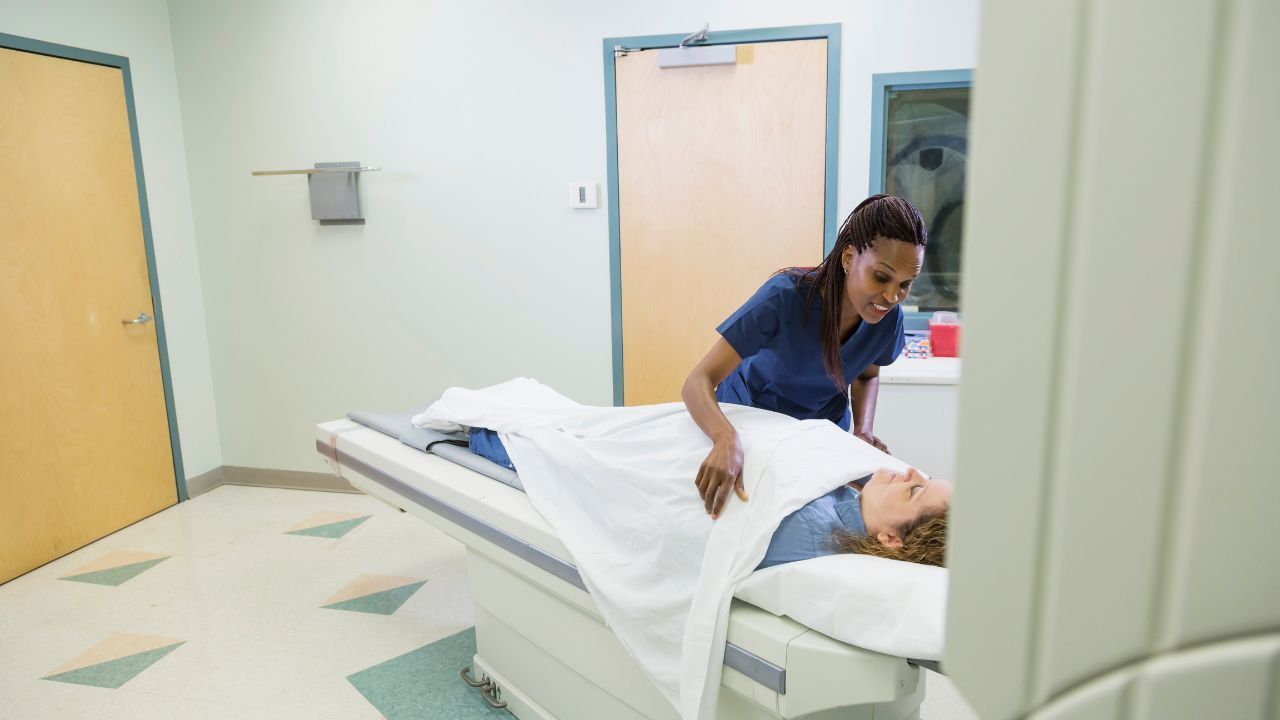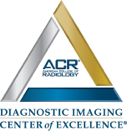Blog and News

Is CT Or MRI Better For Brain Imaging?

The answer to this question is dependent on the purpose of the procedure. CT and MRI are complementary techniques, each with its own weaknesses and strengths. The decision as to which procedure to use is dependent on a number of factors:
- How quickly it is necessary to obtain the scan
- What part of the head is being examined
- Age of the patient
Both techniques are designed to examine specific problems. The advantages of each procedure serve as general guidelines that your doctor will use to decide between head CT and MRI:
Advantages of head CT
- CT is much faster than MRI, making it the study of choice in cases of trauma and other acute neurological emergencies
- CT is less sensitive to patient motion during the examination. because the imaging can be performed much more rapidly
- CT may be easier to perform in claustrophobic or very heavy patients
- CT allows accurate detection of calcification and metal foreign bodies
- CT can be performed at no risk to the patient with implantable medical devices, such as cardiac pacemakers, ferromagnetic vascular clips and nerve stimulators
Advantages of head MRI
- MRI does not use ionizing radiation, and is thus preferred over CT in children and patients requiring multiple imaging examinations
- MRI has a much greater range of available soft tissue contrast, depicts anatomy in greater detail and is more sensitive and specific for abnormalities within the brain itself
- MRI scanning can be performed in any imaging plane without having to physically move the patient
- MRI contrast agents have a considerably smaller risk of causing potentially lethal allergic reaction
- MRI allows the evaluation of structures that may be obscured by artifacts from bone in CT images
Recent Posts

03 Apr, 2024
A lot of people are at risk of heart disease and do not even know it. The good news is that there are simple procedures which can help to identify people who are at risk of heart disease so that they can take precautions to reduce their risk, and get the medical care that they most need.

28 Mar, 2024
Here is a comprehensive guide to help you understand how your Calcium Score could be an important indicator of your risks of suffering from a heart attack. Your Calcium Score can be found after performing a CT scan of your heart. This score is calculated by measuring the quantity of calcium that is present in the arteries that take blood to your heart, also known as the coronary arteries.

By Sudhir Kumar
•
03 Jul, 2023
3D MRI Prostate mapping is a new procedure which offers a number of improvements compared to the traditional TRUS (transrectal ultrasound) biopsy for people who have prostate cancer. TRUS guided biopsies have been the go-to way of diagnosing prostate malignancy for the last 20 years, but this procedure is quite invasive, and it is not very precise.

By Sudhir Kumar
•
03 Jul, 2023
Multi-Slice CT Scanners Different Types of CT Scans In order to understand the different types of CT imaging scans, you must first understand the meaning of the word “tomography.” This Greek word comes from two distinct words “tomos” and “graphe.” “Tomos” means “section or slice” while “graphe” means “drawing.”
Services
Contact Details
Address: 1971 Gowdey Road,
Naperville, IL 60563
Phone: 630-416-1300
Fax:
630-416-1511
Email: info@foxvalleyimaging.com
© Copyright 2023 Fox Valley Imaging, Inc..


